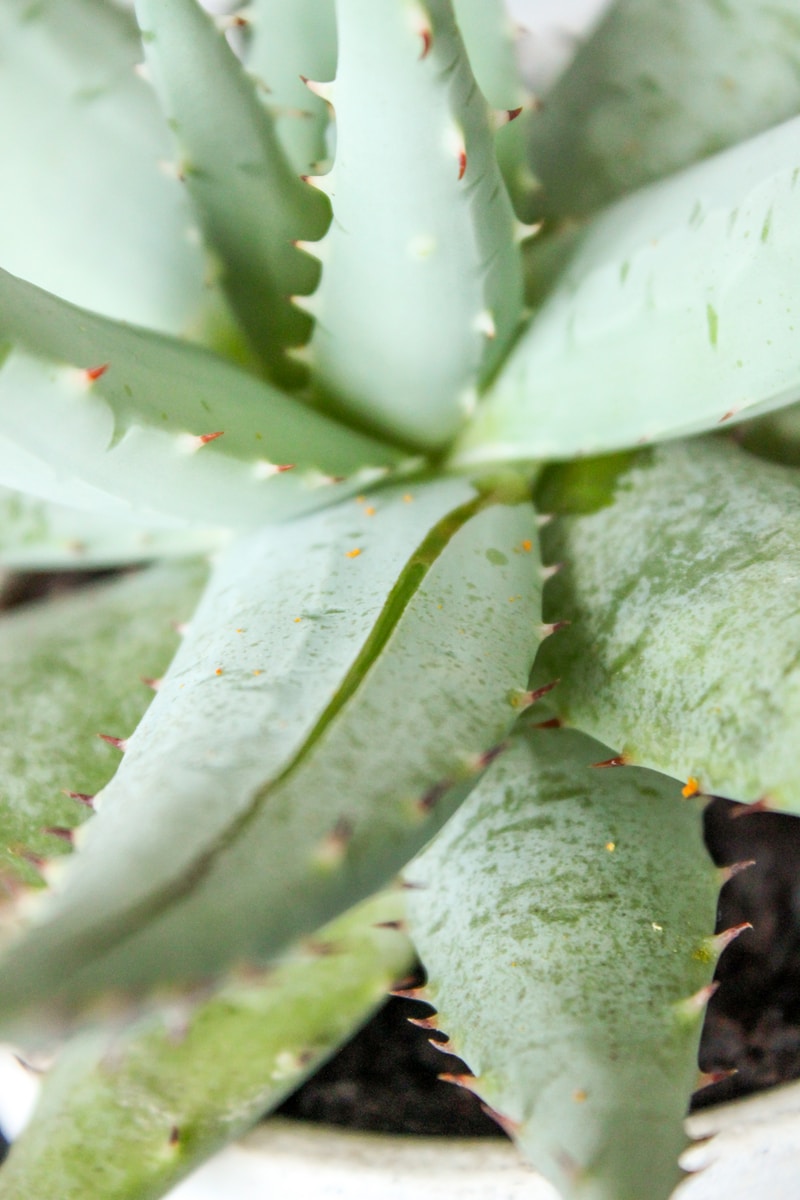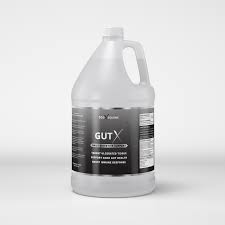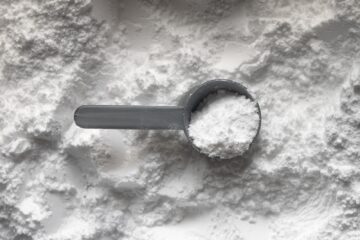Does Aloe Help Horses?

In another FB group a member posed the question to the group, “Which aloe is more effective juice or gel?”
My answer, as usual, was the question, “Effective for what?”
The immediate reply was “Prevent colic and treat ulcers.”
To which I immediately responded, “Neither form of aloe is more effective because aloe will neither prevent colic nor treat ulcers.”
Naturally this resulted in a pile on of the “pro aloe” forces of all things holistic and wonderful. This rallying of the forces compelled me to dig up any shred of clinical evidence that aloe does either of those things, or anything else for that matter, in the digestive system of a horse.
The Allure of Aloe
I guess starting in the 1970s aloe became the poster child for “holistic” remedies. My old Italian grandmother made a sunburn concoction out of lemon juice, olive oil and aloe that worked like a charm.
My first experience with aloe and horses was in 2007. I was experimenting with all kinds of supplements on Flair because I wanted to do the “best” I could for her. Of course, almost killing her with a potassium overload from a supplement triggering her HYPP symptoms was one lesson I learned about supplements. But that’s another story.
After spending $26 for a gallon of the best, most refined aloe extract then available Flair wanted nothing to do with it on her feed. Having made the investment I decided to use it on myself. Strangely I acquired a taste for it mixed with vodka. I just want to be clear that it was pure happenstance. The vodka bottle tipped over and some splashed into my aloe juice. This concoction assured a great night’s sleep but I’m still uncertain of the active ingredient providing that outcome.
Since I have limited personal experience with this most magical of all homeopathic flora I decided to look for research to support the efficacy of aloe in a horse’s diet.
The Science of Aloe and Horses
There is none. Well, almost none.
The University of Adelaide in Australia conducted a study published in the May 2017 issue of the Equine Veterinary Journal of the British Equine Veterinary Association.
The study was conducted on 40 horses diagnosed with gastric ulcers and split into two groups. One group was treated with omeprazole and the other with aloe powder.
Omeprazole was administered according to current protocol. Since there are no clinical dosing guidelines for aloe it was administered at double the average anecdotal dosage.
The results were clear. Omeprazole out performed the aloe by three to one forcing the authors to conclude that aloe was ineffective in treating EGUS.
The aloe group showed a 17% cure rate and a 56% improvement rate but as there were no placebo horses it is impossible to determine whether or not the aloe was responsible for the response.
Obviously aloe is not a very good homeopathic replacement for Omeprazole.
What About Ulcer Prevention?
Although it is clear that aloe is a poor choice for treatment of EGUS will it help in preventing EGUS?
Unfortunately there are no studies available to answer this question so as far as I’m concerned the answer is, “No”.
Ulcers are caused by an excess of stomach acid and there is no evidence that aloe buffers stomach acid in horses.
There are a number of excellent supplements that DO have clinical evidence of buffering stomach acid so these would be my first choice.
Will Aloe Prevent Colic?
The notion that any supplement can prevent colic flies in the face of any scientific reality.
While it is true that severe EGUS can cause colic and supplements to buffer stomach acid can reduce EGUS I suppose one could make a circuitous connection of the dots to sink my statement but outside of that long shot how can a case be made for colic prevention by a supplement?
What supplement will avert a torsion? This is a mechanical process and no dietary supplement will aid in its avoidance.
How about an impaction? If anyone thinks that a quarter cup of oil is going to “keep things moving” I’d ask you to think again.
It’s All About Husbandry
Horses are designed to eat 20 hours out of the 24 hours in a day. A little sleep, a little walking and a little hanky panky to keep the herd population up are about the only things that interrupt a horse’s mealtime. Is it any wonder that the greatest challenge we face for our horses is to keep their digestive system healthy?
The best possible way to prevent colic and ulcers is to ensure maximum availability of quality forage and clean water. Of course we need to watch feed rates and transitions but many times these factors will give us a scare from a bellyache to remind us of how delicate our horses can be.
When our horses are noshing on hay they are producing saliva which is by far the best equine gastric buffer available. I frequently suggest a gastric supplement for horses in training because they often have long gaps in forage. These supplements help with anxiety and excess acid.
Poor forage that is not very digestible along with a lack of available water is a sure recipe for an impaction colic and that IS trouble.
You Can’t Prove a Negative
During my exchange in the other group I was assaulted with a few variations of the same old song, “I’ve been using aloe for years and my horse never coliced”. Really? Big deal.
Annually, less than 5% of the domestic horse population suffers a surgical colic. The fact that your horse is given daily aloe or any of the other “guaranteed anti colic” supplements is among the lucky 95% proves nothing.
I have been caring for horses for nearly 20 years and have never had a surgical colic. In fact with the exception of two boo boo belly dose of banamine and walking circles for two hours cases of “colic” I’ve never had a problem.
The horses in my care have always had maximum turn out, full time quality hay and water buckets you would drink from.
Only the supplement companies recognize their efficacy by a lack of a condition. This is what they count on. It becomes a FUD, the Fear of colic, the Uncertainty of the consequences of withholding a supplement and the Doubt about making the decision. FUD is a powerful technique for picking our pockets.
Is Aloe Harmful?
There is nothing to suggest that a daily dose or two of aloe for your horse is doing any damage. However, if your horse is afflicted with ulcers any alternative compound that will delay the approved treatment CAN cause damage. In other words while you’re screwing around with aloe juice for two months your horse’s EGUS score may be getting even worse.
This is my problem with most holistic remedies and preventatives. If you are adding flax because you think it’s giving your horse a shiny coat then great. I’m all for it.
If you are trying to treat sarcoid lesions with a poultice of chinese herbs we’re gonna have a fight.


